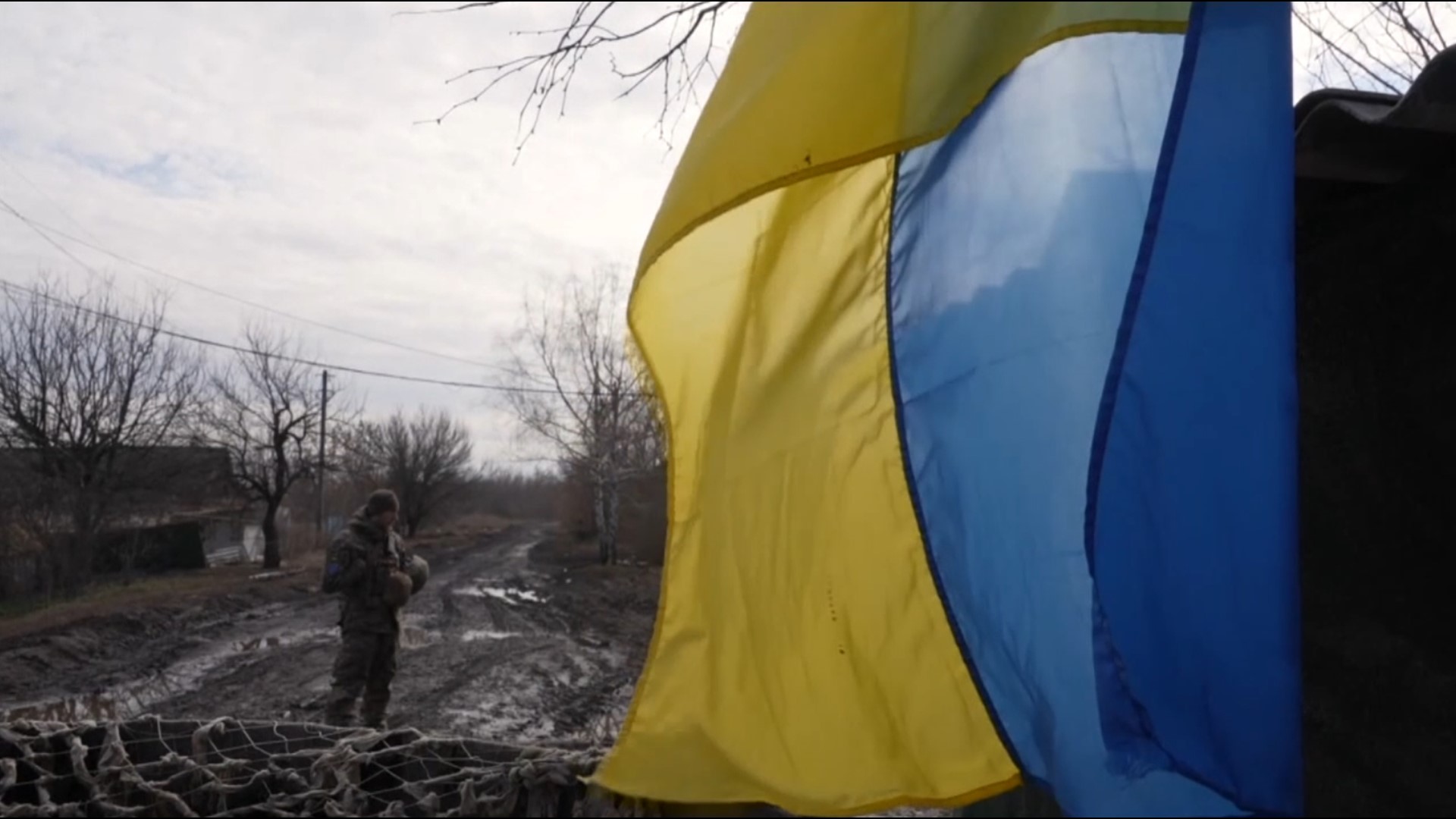ATLANTA — With Russia launching an invasion of Ukraine, some of Russia's vulnerable neighbors have already expressed their deep concern that President Vladimir Putin could turn his attention their way.
In many of those cases, a further expansion of the Russian military action would carry immensely heavy consequences for NATO, the North Atlantic Treaty Organization - and, as such, the U.S. military.
That's because a foundational principle of NATO is collective defense - the pledge that, if you're invaded, we'll come to your aid and vice versa. If any NATO member country is attacked, all the other members of the 30-nation group have vowed they will rush to help that country.
Ukraine is not a NATO member, though Putin's declared reasoning for the invasion (which is subject to scrutiny) includes the idea that Ukraine could join or have close ties to the NATO group.
But among the NATO members are a small group of countries that directly border Russia and, if Putin sets his targets on them, would be nations the U.S. has a responsibility to help defend.
Here's who they are, and how they fit into things:
The Baltics
These are Latvia, Lithuania and Estonia, three countries stacked on top one of another to the south of Finland along the Baltic Sea and along Russia's northwestern border.
They were all former Soviet republics and have long worried that Putin would try to reincorporate them into Russia's sphere, as is happening with Ukraine.
Together, they called for the "strongest possible sanctions" against Russia after the invasion was launched, and described the attack as a "crime against Ukrainian people."
They constitute probably the most important potential immediate flashpoint between NATO and Russia, and here's some of what's already going on with them:
- Latvia: U.S. paratroopers have already been deployed here in the wake of the invasion and several U.S. Apache attack helicopters are now also in the country. Latvia has also suspended three Russian TV channels.
- Lithuania: This country has already declared a state of emergency following the invasion, deploying the army to its borders. Along with Estonia, a small number of F-35 fighter jets have reportedly been deployed here.
- Estonia: In addition to the F-35 deployment, the country's parliament issued a remarkably harsh condemnation of the invasion citing the Nuremberg Principles, established in the wake of the Nazi trials after World War II. The country's independence day, as it happens, is also Thursday.
Poland
It doesn't immediately look obvious from a world map, but Poland and Russia indeed share a border.
That's because of a small Russian enclave that isn't connected to the rest of Russia called Kaliningrad (think of it a little bit like how Alaska isn't connected to the rest of the U.S.), which borders Poland to the south and Lithuania to the north and gives Russia access to the Baltic Sea to the east.
At this stage it seems unthinkable that Russia would ever invade Poland - a country with a stronger military and central government than Ukraine - and it wouldn't make any sense to stage it from Kaliningrad.
But U.S. troops are already in Poland at the country's border with Ukraine to help with refugees, and the historical parallel of Hitler's invasion of Poland being the real igniting factor in World War II has been noted by some commentators.
Turkey
Turkey does not share a border with Russia, and the two countries officially maintain friendly relations - but as a NATO member Turkey presents a complicating territorial factor as they're quite close by the Black Sea, creating a potentially fraught maritime situation.
By land, they're also only separated by the tiny country of Georgia.
Turkey and Russia have also sometimes had more of a "frenemy" relationship, and have been at odds at times in Syria.
The rest of NATO
Here are the other 26 countries that compose NATO, in alphabetical order following the U.S.:
- United States
- Albania
- Belgium
- Bulgaria
- Canada
- Croatia
- Czech Republic
- Denmark
- France
- Germany
- Greece
- Hungary
- Iceland
- Italy
- Luxembourg
- Montenegro
- Netherlands
- North Macedonia
- Norway
- Portugal
- Romania
- Slovakia
- Slovenia
- Spain
- United Kingdom

